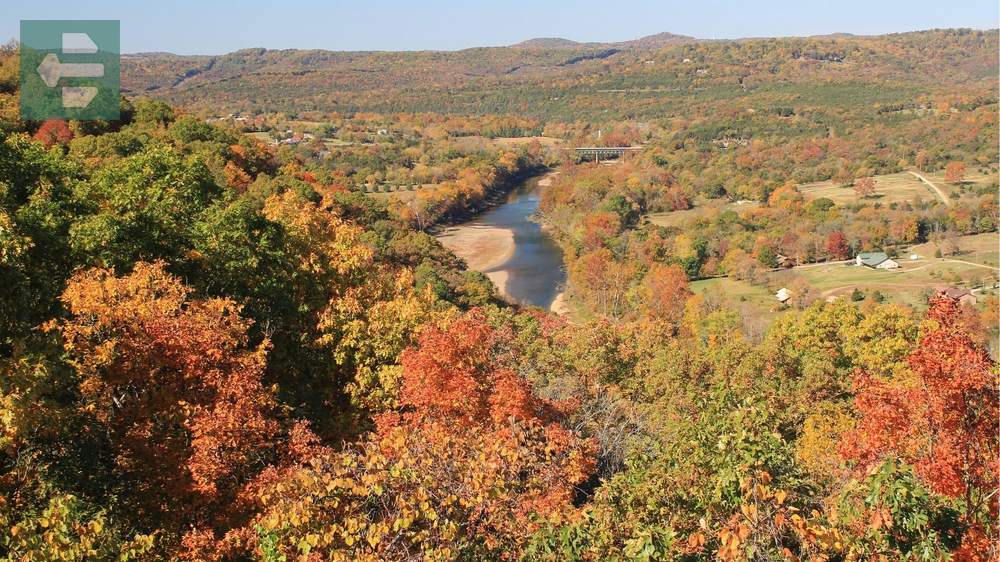Missouri offers diverse attractions spanning historic river towns, vibrant cities, and scenic wilderness areas. From St. Louis's iconic Gateway Arch to the entertainment hub of Branson, the Ozark Mountains, and Mark Twain's hometown of Hannibal, the Show-Me State delivers authentic American experiences.
Keep reading as we explore the best places to visit in Missouri that showcase its rich heritage, natural beauty, and unique character.
List of Contents
- 1. St. Louis: Gateway to Adventure
- 2. Kansas City: Jazz and Barbecue Capital
- 3. Branson: Entertainment Without the Glitz
- 4. Lake of the Ozarks: Missouri's Liquid Playground
- 5. Mark Twain National Forest: One Million Acres of Quiet
- 6. Hannibal: Where Tom Sawyer Lives
- 7. Springfield: Birthplace of Route 66
- 8. Columbia: College Town Character
- 9. Jefferson City: Small Capital, Big History
- 10. Independence: Truman's Hometown
- 11. Cape Girardeau: River Town Charm
- 12. Ozark Mountains: Ancient Hills, Timeless Beauty
1. St. Louis: Gateway to Adventure
The Gateway Arch dominates St. Louis's skyline—a 630-foot steel curve that frames the Mississippi River perfectly. Below, the revitalized riverfront buzzes with energy, while Forest Park spans 1,300 acres of free attractions.

The Central West End feels like a different city entirely. Tree-lined streets house independent bookstores and sidewalk cafes where locals gather on weekend mornings.
I discovered the best view of the arch isn't from the observation deck—it's from the steps of the Old Courthouse at sunset when the steel catches fire.
Quick Facts:
- Peak Season: April-October
- Getting There: Lambert-St. Louis International Airport
- Entry Fee: From free (many attractions)
- Suggested Stay: 2-3 days
- Key Spots: Gateway Arch, Forest Park, Anheuser-Busch Brewery, City Museum
2. Kansas City: Jazz and Barbecue Capital
Kansas City invented its own style of jazz and barbecue, and both traditions run deep here. The 18th & Vine District pulses with live music seven nights a week, while smoke rises from barbecue joints across the city.
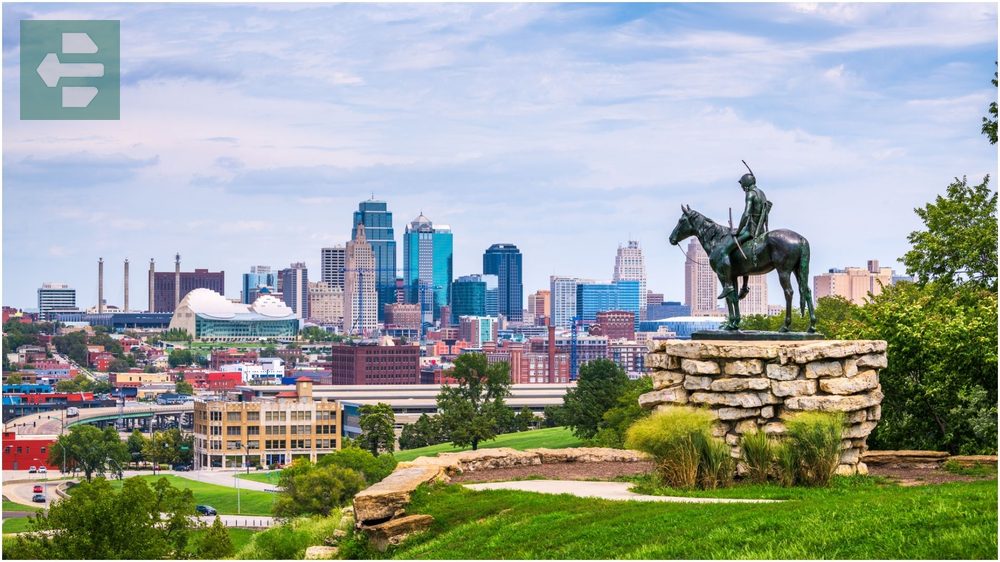
The Nelson-Atkins Museum houses world-class art in a building as stunning as its collections. Outside, giant shuttlecocks dot the sculpture garden like oversized badminton games.
Local tip: Order burnt ends—Kansas City's signature barbecue cut that started as scraps and became the city's pride.
Quick Facts:
- Peak Season: May-September
- Getting There: Kansas City International Airport
- Entry Fee: From free (many attractions)
- Suggested Stay: 2-3 days
- Key Spots: 18th & Vine District, Nelson-Atkins Museum, Power & Light District, Kansas City Zoo
3. Branson: Entertainment Without the Glitz
Branson built its reputation on family-friendly shows and country music, but the real draw is Table Rock Lake. The Ozark hills frame crystal-clear water perfect for fishing and swimming.
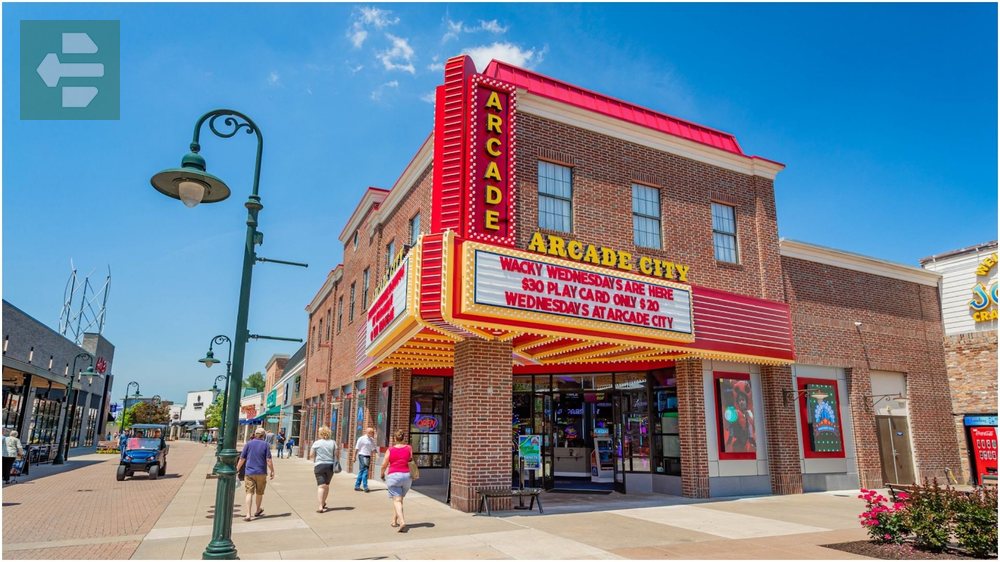
Silver Dollar City operates as both theme park and working 1880s town. Craftspeople demonstrate glassblowing and blacksmithing between roller coaster rides.
The best seats in Branson aren't in theaters—they're on a boat dock at dawn when mist rises from the lake and the hills wake up slowly.
Quick Facts:
- Peak Season: April-October
- Getting There: Branson Airport or Springfield-Branson Airport
- Entry Fee: From $30 (theme parks)
- Suggested Stay: 3-4 days
- Key Spots: Silver Dollar City, Table Rock Lake, Branson Strip, Shepherd of the Hills Fish Hatchery
4. Lake of the Ozarks: Missouri's Liquid Playground
The Lake of the Ozarks stretches 92 miles with more shoreline than California—1,150 miles of coves, inlets, and swimming holes. Created by damming the Osage River, it became Missouri's premier water destination.
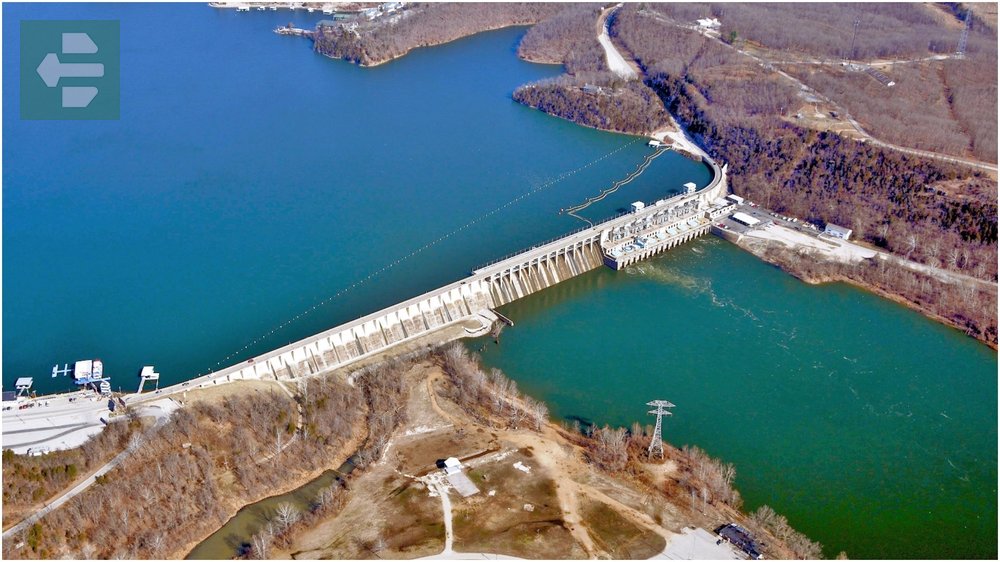
Ha Ha Tonka State Park sits at the lake's edge, where castle ruins overlook the water like something from a fairy tale. Natural springs bubble up from limestone bluffs.
Early morning is magic here. I've watched great blue herons fish in perfect stillness while the lake mirrors the sky like glass.
Quick Facts:
- Peak Season: May-September
- Getting There: Drive from St. Louis (2.5 hours) or Kansas City (2 hours)
- Entry Fee: Free (state parks from $5)
- Suggested Stay: 3-5 days
- Key Spots: Ha Ha Tonka State Park, Bagnell Dam, Bridal Cave, Lake Ozark
5. Mark Twain National Forest: One Million Acres of Quiet
Mark Twain National Forest covers nearly one million acres across southern Missouri. Ancient mountains worn smooth by time create gentle hiking trails through oak and hickory forests.
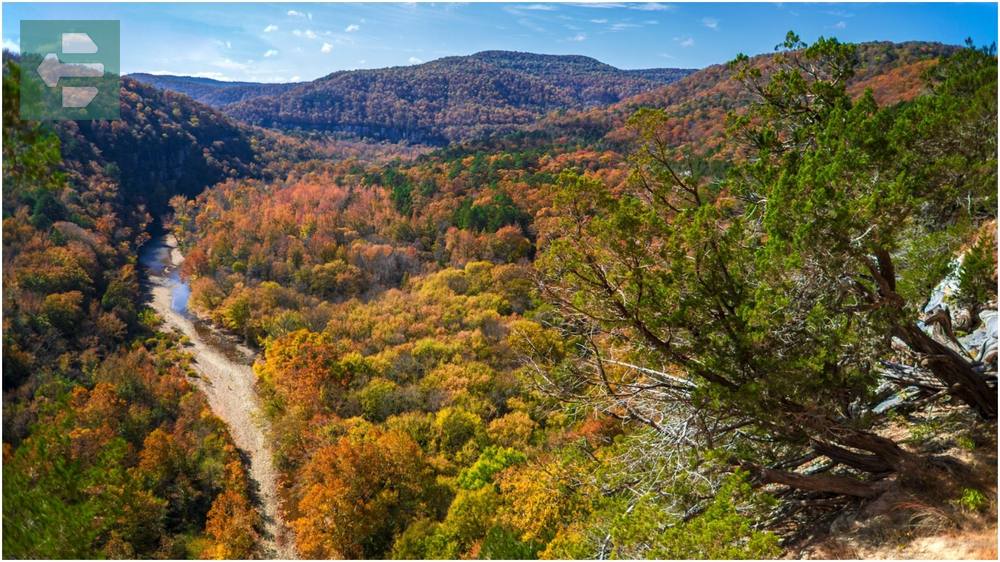
The Ozark Trail winds 350 miles through the forest, but day hikers find plenty of shorter loops. Natural springs appear unexpectedly, feeding clear streams that run year-round.
Bell Mountain Wilderness offers the most solitude. On a October afternoon, I hiked three hours without seeing another person—only the sound of leaves falling and my own footsteps.
Quick Facts:
- Peak Season: April-October
- Getting There: Multiple access points via highways
- Entry Fee: Free
- Suggested Stay: 2-4 days
- Key Spots: Bell Mountain Wilderness, Ozark Trail, Current River, Eleven Point River
6. Hannibal: Where Tom Sawyer Lives
Hannibal preserves Mark Twain's boyhood home and the Mississippi River town that inspired his greatest characters. The Mark Twain Cave extends for miles underground—the same cave where Tom and Becky got lost.

A paddlewheel steamboat still churns up the Mississippi, carrying passengers past islands and sandbars that haven't changed since Twain's time.
Standing on Cardiff Hill at sunset, you understand why Twain never forgot this place. The river bends like a silver ribbon, and the town spreads below like pages from his books.
Quick Facts:
- Peak Season: May-October
- Getting There: Drive from St. Louis (2 hours)
- Entry Fee: From $12 (attractions)
- Suggested Stay: 1-2 days
- Key Spots: Mark Twain Boyhood Home, Mark Twain Cave, Cardiff Hill, Mississippi River
7. Springfield: Birthplace of Route 66
Springfield launched Route 66 in 1926, and the mother road's spirit lives on in neon signs and vintage diners. The Route 66 Car Museum displays classic automobiles from the highway's golden age.
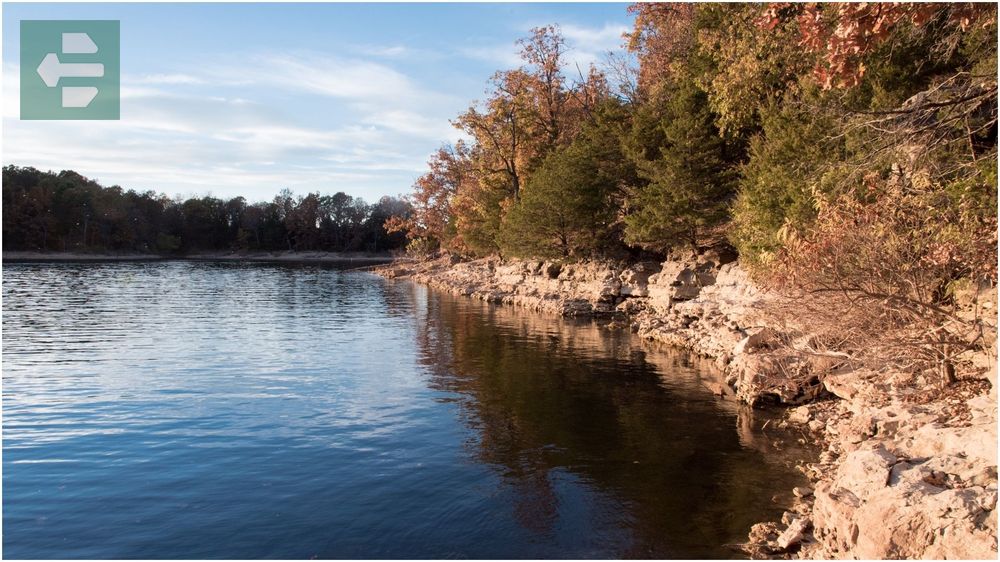
Wilson's Creek National Battlefield preserves Civil War history on 1,750 acres of rolling prairie. The visitor center tells the story of Missouri's first major Civil War battle.
Local breakfast joints serve “Springfield-style” cashew chicken—a dish invented here in the 1960s that became the city's unofficial signature.
Quick Facts:
- Peak Season: April-October
- Getting There: Springfield-Branson National Airport
- Entry Fee: From $5 (battlefields)
- Suggested Stay: 1-2 days
- Key Spots: Route 66 attractions, Wilson's Creek Battlefield, Fantastic Caverns, Bass Pro Shops Outdoor World
8. Columbia: College Town Character
Columbia centers around the University of Missouri, where the iconic columns stand as all that remains of the original Academic Hall. Students and locals gather at Shakespeare's Pizza, a Columbia institution for over 40 years.

Rock Bridge Memorial State Park offers easy hiking to the Devil's Icebox cave and natural rock bridge. The trails wind through Missouri's native prairie and forest.
Game days transform Columbia completely. When the Tigers play at Faurot Field, the entire town wears black and gold.
Quick Facts:
- Peak Season: September-November, March-May
- Getting There: Columbia Regional Airport
- Entry Fee: Free (parks from $5)
- Suggested Stay: 1-2 days
- Key Spots: University of Missouri, Rock Bridge Memorial State Park, The Columns, Downtown District
9. Jefferson City: Small Capital, Big History
Missouri's capital city sits on bluffs overlooking the Missouri River. The State Capitol dome rises 238 feet, visible from miles away across the river valley.

Runge Nature Center provides an unexpected oasis in the heart of the city. Three miles of trails wind through native habitats where deer browse just minutes from downtown.
The best view in Jefferson City is from the Capitol steps at sunrise, when morning light hits the Missouri River and the city spreads below like a small-town postcard.
Quick Facts:
- Peak Season: April-October
- Getting There: Drive from St. Louis (2.5 hours)
- Entry Fee: Free (capitol tours)
- Suggested Stay: 1 day
- Key Spots: Missouri State Capitol, Runge Nature Center, Historic Downtown, Missouri River
10. Independence: Truman's Hometown
Harry Truman called Independence home his entire life, and the town preserves his legacy carefully. The Truman Presidential Library houses 15 million documents, while his modest home looks exactly as it did when he lived there.

The National Frontier Trails Museum tells the story of westward expansion. Three historic trails—Santa Fe, Oregon, and California—all began here.
Walking through Truman's neighborhood feels like stepping back to small-town America in the 1940s. Wide streets, front porches, and the sense that everyone knows their neighbors.
Quick Facts:
- Peak Season: April-October
- Getting There: Drive from Kansas City (20 minutes)
- Entry Fee: From $8 (Truman sites)
- Suggested Stay: 1 day
- Key Spots: Truman Presidential Library, Truman Home, National Frontier Trails Museum, Independence Square
11. Cape Girardeau: River Town Charm
Cape Girardeau perches on limestone bluffs above the Mississippi River, its historic downtown lined with 19th-century buildings. The Red House Interpretive Center overlooks the river where steamboats once loaded cargo.

Southeast Missouri State University brings energy to the town, while the riverfront provides peaceful walking paths. The murals downtown tell Cape Girardeau's story in vibrant detail.
River fog rolls in most mornings, creating an ethereal scene where the Mississippi disappears into mist and the town seems to float above the water.
Quick Facts:
- Peak Season: April-October
- Getting There: Regional Airport or drive from St. Louis (2 hours)
- Entry Fee: Free (most attractions)
- Suggested Stay: 1-2 days
- Key Spots: Historic Downtown, Mississippi River, Red House Interpretive Center, Southeast Missouri State University
12. Ozark Mountains: Ancient Hills, Timeless Beauty
The Missouri Ozarks represent some of North America's oldest mountains, worn smooth by 500 million years of weather. Dogwood and redbud trees bloom pink and white each spring across rolling hills.
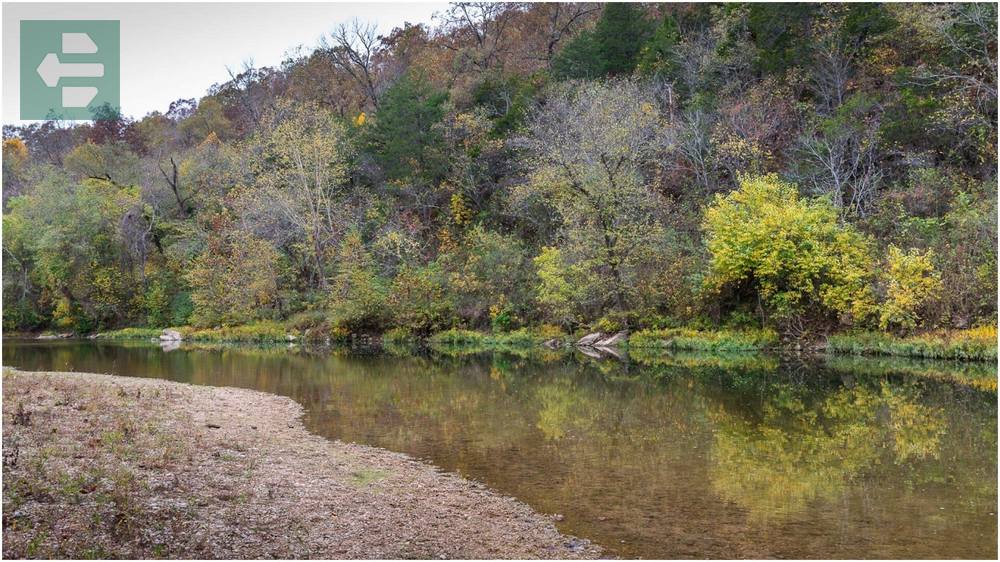
Current and Jacks Fork Rivers run crystal clear through the Ozarks, perfect for canoeing and fishing. These National Scenic Riverways protect 134 miles of pristine waterways.
There's something about Ozark sunsets that stays with you. The hills layer like purple waves to the horizon, and time moves differently here.
Quick Facts:
- Peak Season: April-May, September-October
- Getting There: Multiple highway access points
- Entry Fee: Free (some parks charge parking)
- Suggested Stay: 2-4 days
- Key Spots: Current River, Jacks Fork River, Alley Mill, Big Spring
Missouri reveals itself slowly to those who take time to look. From urban adventures in St. Louis and Kansas City to quiet moments in the Ozark wilderness, each destination offers something different.
The best places to visit in Missouri aren't always the most famous ones. Sometimes they're the small-town square where locals gather for coffee, or the hidden spring where clear water bubbles up from limestone depths.
Pack light, drive slow, and let Missouri surprise you. The Show-Me State has been waiting to show you something special.
